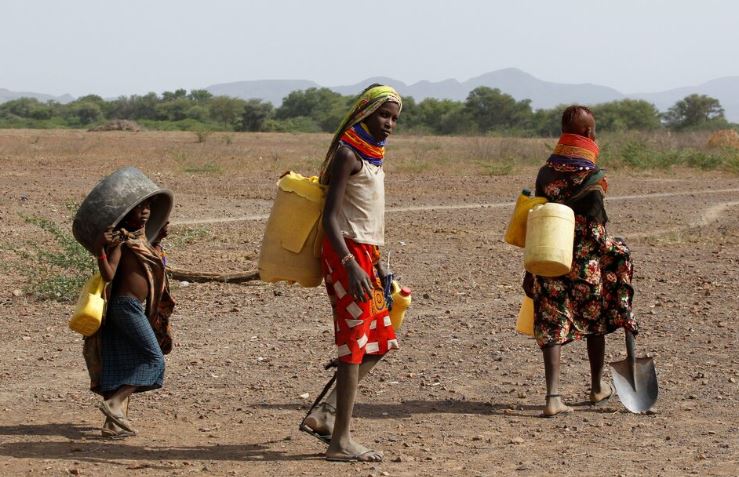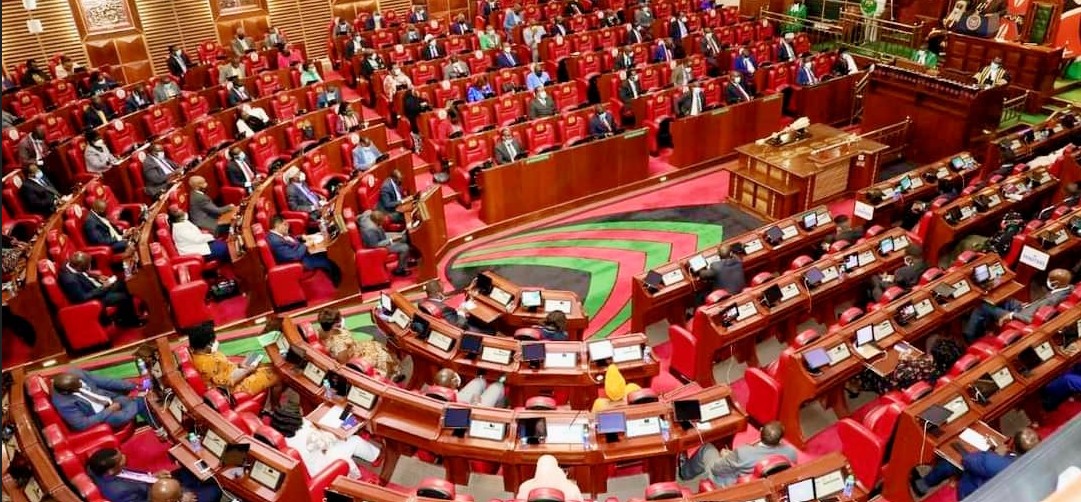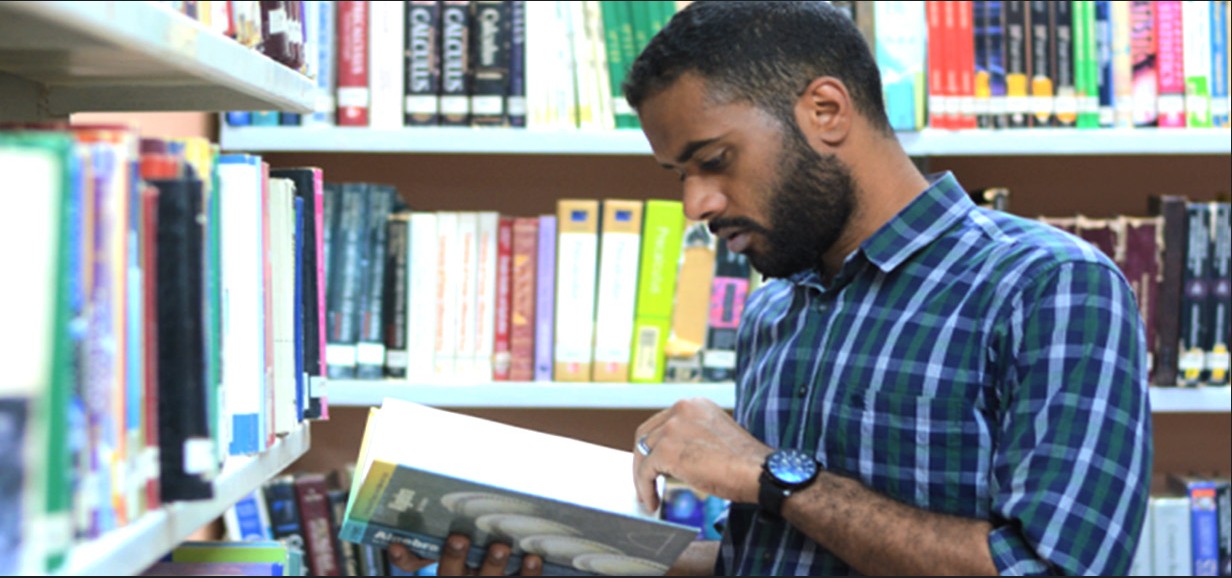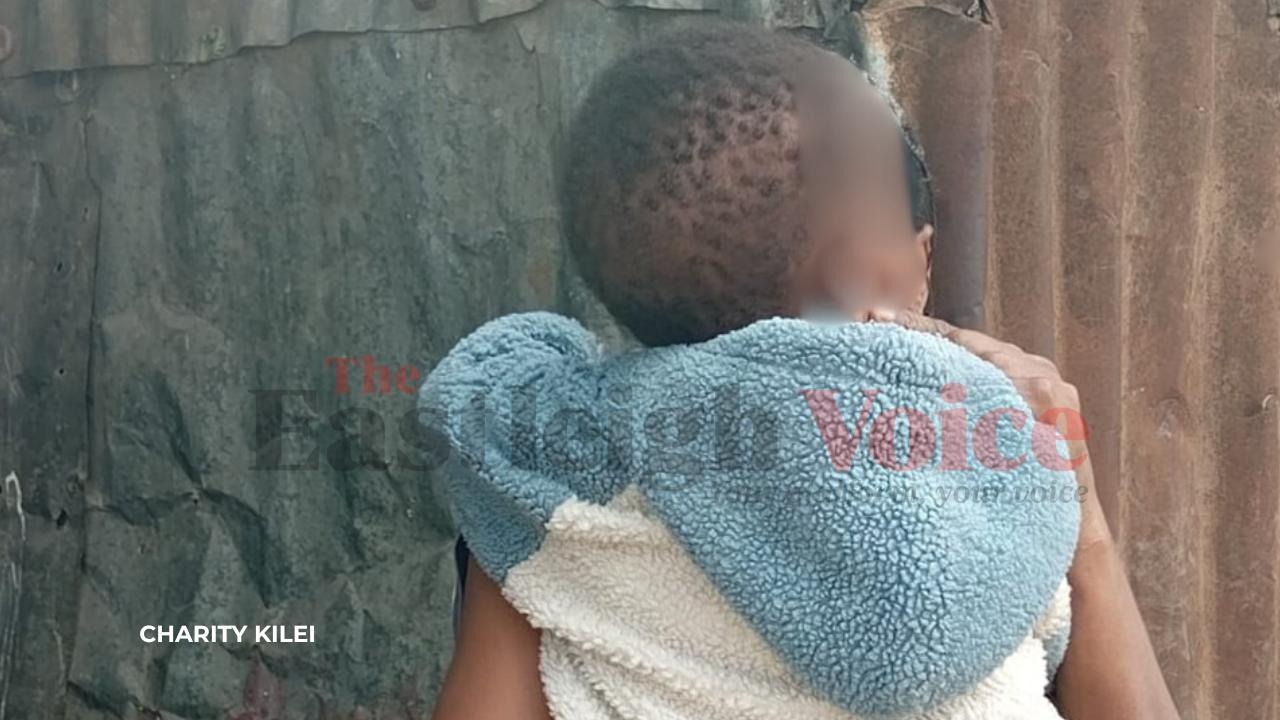MPs pass historic Bill regulating fertility treatments and surrogacy
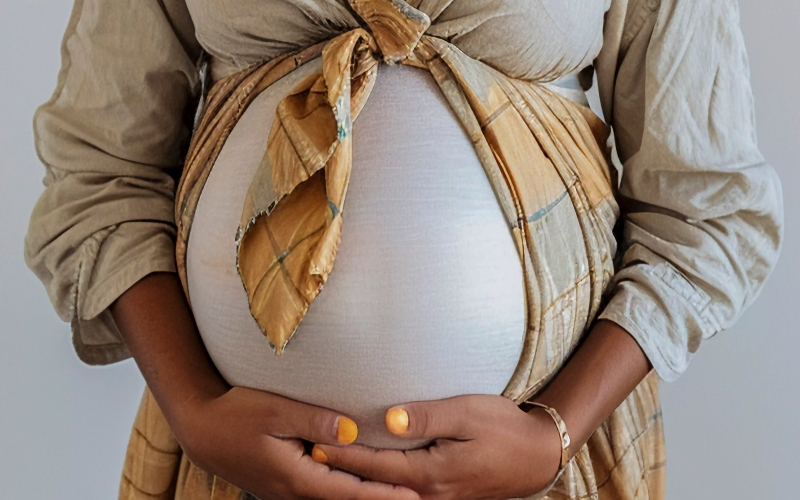
The law limits surrogacy to Kenyan citizens aged 25–55, while surrogate mothers must be 25–45, have had at least one child, and pass medical and psychological evaluations.
The National Assembly has passed the Assisted Reproductive Technology (ART) Bill, 2022, establishing Kenya’s first comprehensive legal framework for fertility treatments, surrogacy, and reproductive health services.
The Bill aims to ensure ethical practices, protect the rights of parents, surrogates, and children, and prohibit exploitative commercial surrogacy arrangements.
More To Read
- Ministry of Health announces measures to reduce maternal, newborn deaths
- MPs back Bill banning commercial surrogacy, sale of human embryos
- Teenage pregnancy key driver of preterm births in Africa, studies show
- New study reveals why young mothers in Kenya are at higher risk of preterm births
- Older men’s sperm more likely to carry disease-causing mutations, study reveals
- Clinical trial offers lifeline for men with recurrent prostate cancer
During Tuesday’s third reading, Speaker Moses Wetang’ula acknowledged the completion of what he called “a long and protracted process,” praising lawmakers for producing a law that aligns with Kenya’s moral and cultural values.
“Thank you, honourable members, for finally bringing to an end this long, protracted process,” he said, commending Suba North MP Millie Odhiambo-Mabona and Homa Bay Town MP Peter Kaluma for their joint efforts in shaping the legislation.
“Honourable Millie, you should also thank your colleague, Kaluma, for his tremendous industry in making your Bill have a moral colour and make it applicable to our country, without giving a window to foreigners to come in and do things that are unacceptable to us,” Wetang’ula added.
The Speaker also recognised Odhiambo’s boldness in addressing an often-stigmatised issue.
The Bill sets out rules for fertility treatments, including in-vitro fertilisation (IVF), intrauterine insemination, gamete and embryo donation, and surrogacy.
It ensures that all Kenyans, irrespective of gender or marital status, can access assisted reproductive services in a safe and ethical manner.
A new Assisted Reproductive Technology Committee under the Kenya Medical Practitioners and Dentists Council (KMPDC) will oversee licensing of clinics and specialists, regulate procedures, and maintain a confidential national database of donors, embryos, and children conceived via assisted methods.
The Bill also guarantees access to quality fertility care at affordable rates, in line with Article 43(1)(a) of the Constitution, which ensures every citizen’s right to the highest attainable standard of health.
Only altruistic surrogacy is permitted, meaning a surrogate mother can only be reimbursed for medical costs, and children born through ART are given the same legal rights as those born naturally.
Strict penalties are imposed for unethical acts such as human cloning, selling embryos or gametes, and sex selection, with fines up to Sh10 million or prison terms of up to 10 years.
Wetang’ula said the legislation carefully balances scientific progress with Kenya’s ethical and cultural standards, preventing foreign exploitation and protecting family values.
The law limits surrogacy to Kenyan citizens aged 25–55, while surrogate mothers must be 25–45, have had at least one child, and pass medical and psychological evaluations.
All procedures require written consent, and posthumous use of reproductive material is prohibited without prior permission.
Gamete donations are capped at 10 per person, and both intended parents and surrogates must undergo counselling.
Surrogates receive three months’ leave after birth, and intended parents are entitled to maternity and paternity leave.
The legislation further prevents exploitation or abandonment of surrogate mothers or children, recognising intended parents as the legal guardians immediately after delivery.
With infertility affecting roughly one in six couples worldwide, Kenya now joins a small group of African nations with a formal legal framework for assisted reproduction.
The Bill is expected to improve access to fertility services, standardise clinical practices, and enhance accountability in the sector.
“I know I have relatives and friends who are in your situation and will benefit from this. This legislation will make a real difference in their lives,” Wetang’ula said.
The ART Bill, 2022, will now proceed to the Senate for concurrence before being presented to the President for signing into law.
Top Stories Today






